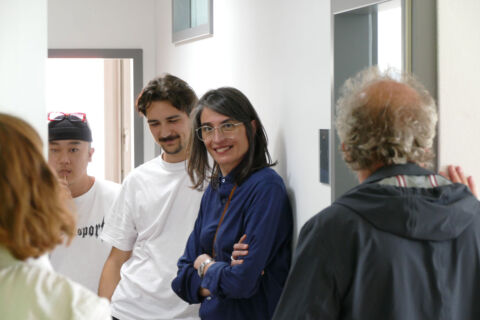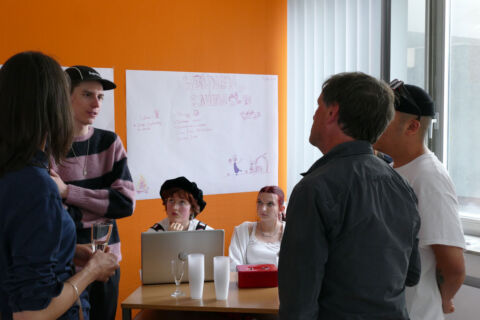
Zukünftige Freiheiten: Reportagen aus der postkarbonen Gesellschaft
Related Entries
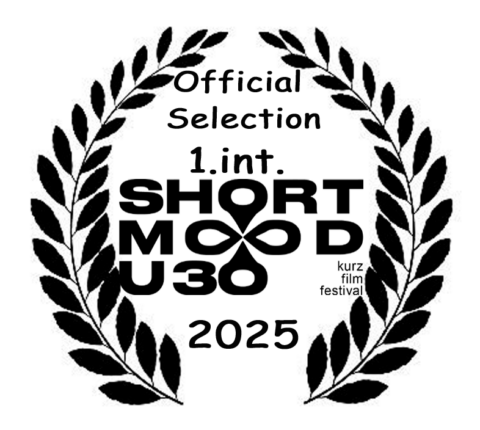
”Leg Day” von Paul Kley auf dem 1. Internationalen U30 shortmood Filmfestival
Der Film “Leg Day” von Merz Akademie-Absolvent Paul Kley läuft auf dem 1. International shortmood Filmfestival 2025 am 14./15.11.2025 in Stuttgart. Über 1911 Filmeinreichungen hat die Jury erhalten, “Leg Day”...
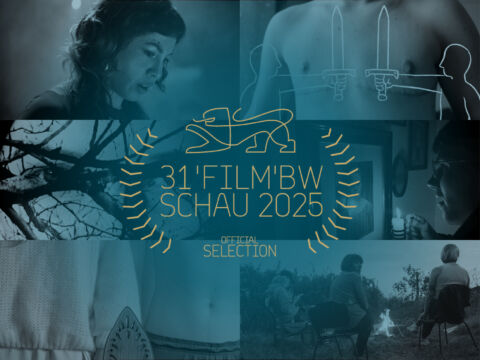
Viele Filme und Nominierungen der Merz Akademie bei der Filmschau 2025
In den Innenstadtkinos Stuttgart laufen bei der 31. Filmschau Baden-Württemberg vom 3. bis 7. Dezember 2025 sechs Filme von Merz Akademie-Studierenden und Absolvent*innen – und drei davon sind im Rennen...
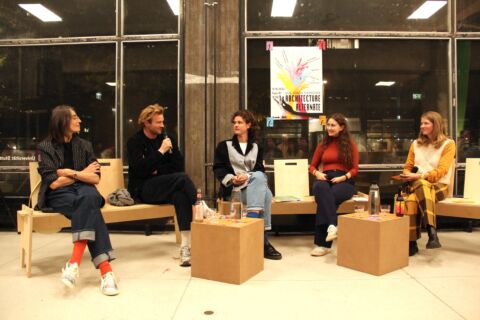
Prof. Maria Mohr auf dem Panel ArchitectureAlternate der Uni Stuttgart
Film-Professorin Maria Mohr wurde von Andrea Irion aus dem Institut für Grundlagen moderner Architektur und Entwerfen, Uni Stuttgart eingeladen. Am 14. Oktober 2025 um 19 Uhr sitzt Maria Mohr mit...
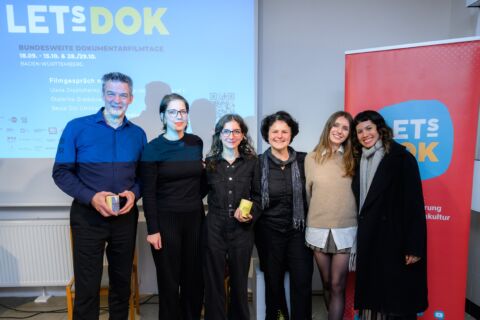
Merz Akademie@LETsDOK Dokumentarfilmtage 2025
Kooperation mit LETsDOK – 6. Bundesweite Dokumentarfilmtage 2025 LETsDOK Filmabend am 29. September um 20 Uhr mit vier Kurzfilmen. Der Kurzfilmabend thematisiert auf sehr unterschiedliche Weise die Themen Familie, Erinnerung,...
